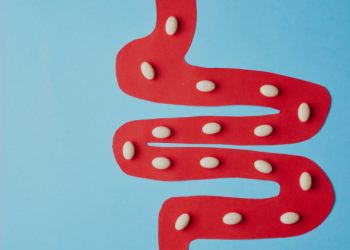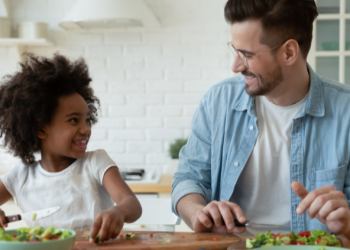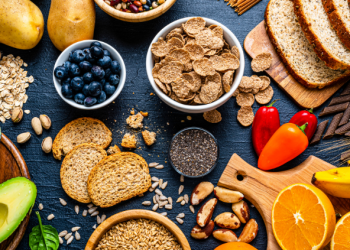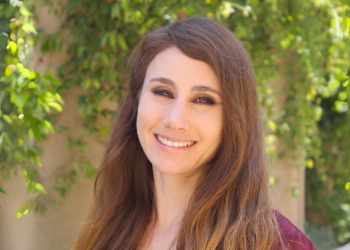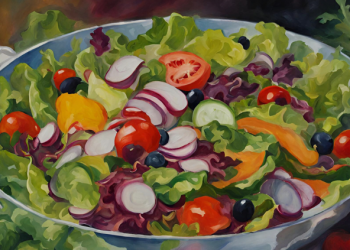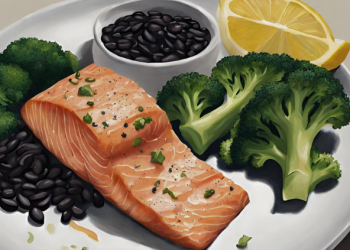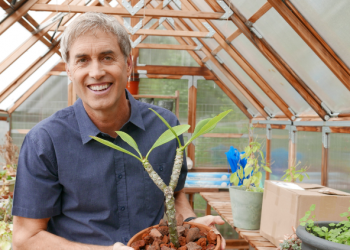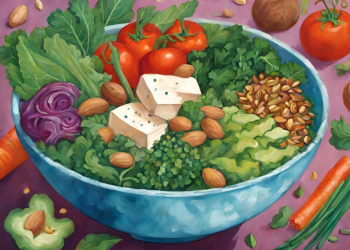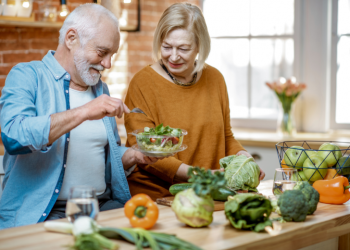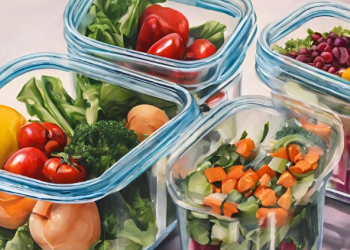The Health Benefits of Giving Experiences
By Meagan Matthews, BS
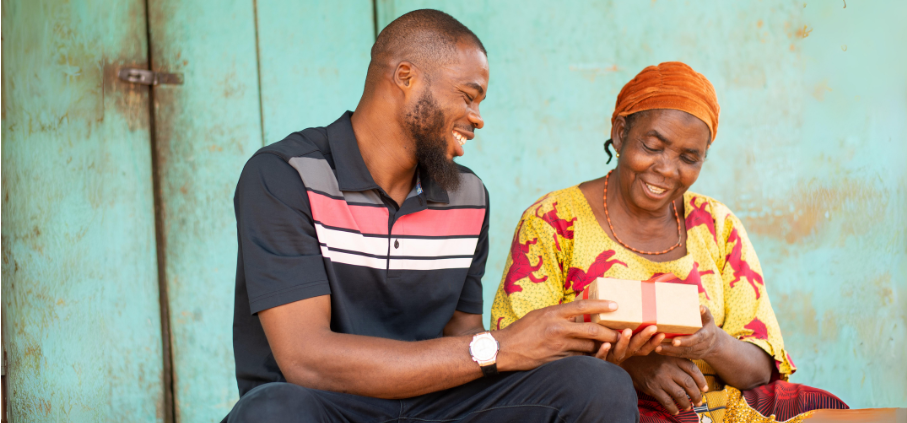
With the holiday season in full swing, gift-giving is at the top of many of our to-do lists. While gifting at this time of year may feel obligatory, or even stressful, as we agonize over what to get those we love, the act of giving can actually be a wonderful opportunity to strengthen our relationships with loved ones. Research has shown that stronger social connectedness can provide us with powerful benefits to our health. According to a recent publication of studies done at the Wharton Behavioral Lab, the best way to do this is by giving an experiential gift rather than a material one.
“Things accumulate in physical space and must eventually be disposed of,” says Steven Crane, MS in Community Health and research scholar at Stanford’s Behavior Design Lab. “Experiences only accumulate in our memories, our digital photo albums, and ideally in the shared history we build with important people in our lives. They represent a great opportunity to share an experience or adventure with our friends and family.”
In the research paper, Associate Professors Cindy Chan of UTSC and Cassie Mogilner of UCLA defined material gifts as ones a gift recipient holds onto, while experiential gifts are ones a recipient lives through. They proposed two hypotheses based on existing experimental gifting research. First, that experiential gifts produce a greater increase in relationship strength than material gifts, regardless of whether the recipient experiences the gift with the giver present. And second, that emotionality is the underlying driver of the first hypothesis, and using experiential gifts evokes more emotion than that of material gifts.
Through four studies, Chan and Mogilner manipulated different gift-giving scenarios to examine how various conditions impacted participant relationships. They consistently found that receiving an experiential gift created greater strength in a relationship than a material one. Interestingly, this applied even to material gifts that were highlighted for their experiential component, i.e. gifting a coffee mug as just an object versus as an opportunity for the experience of sharing a coffee date. Chan and Mogilner also found experiential gifts, whether experienced with the giver present or not, produced greater emotional reactions and feelings of gratitude among recipients compared to material gifts, therefore having a greater capacity to strengthen the relationship.
“The authors take a strong scientific approach, using randomization to an experiential gift-giving or physical gift-giving condition,” says Crane. “We can be fairly confident that it’s the experiential gift-giving itself that drives the results of stronger relationships.”
So if you’re stressed this holiday season about what to get the people you love, consider getting them tickets to a concert, passes to an art class that you take together, or simply offer some kind of support your loved one might need. These shared experiences are more likely to deepen the connection between you and increase your social connectedness, which is associated with greater health.
“Giving is an opportunity to develop habits of altruism and thinking of other people’s interests and needs,” says Crane. “When you give support to others, they’re naturally more inclined to support you in the future when you need it, and this social support is one of the main mechanisms that protect us against the harmful health impacts of stress.”


